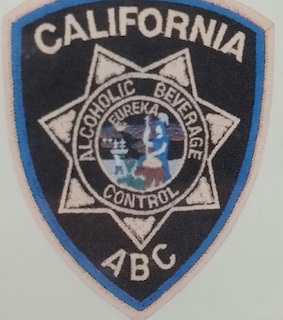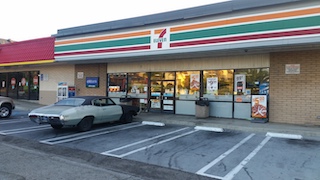Legally, there is no defense to this offense if the one receiving the alcohol is under 21. However, most prosecutors will entertain a defense that the purchaser or provider honestly and reasonably believed that the recipient of the alcohol was 21 or older. That could mean that the recipient states he graduated from high school five years earlier, states he or she is a college graduate (four-year college), or even shows the buyer his or her identification suggesting he or she is 21 or older.
The prohibition of selling tobacco products to anyone under age 21 includes e-cigarette and “vape” products. California, incidentally, is only one of two states to raise the legal age for tobacco to 21 (Hawaii is the other state). The laws, at Penal Code § 308 and Business & Professions Code §§ 22950-22963 (the STAKE (Stop Tobacco Access to Kids Enforcement) Act), affects approximately 34,000 retailers (mostly liquor stores and specialty smoke shops) statewide.
Such liquor store, tobacco shops or vape shops must check the ID of anyone seeking to buy a restricted product if the person reasonably appears to be under 21.
Tobacco products include cigarettes, cigars, pipe tobacco, snuff, chewing tobacco, dipping tobacco or any product that is prepared from tobacco and intended for human consumption in any manner (smoked, dipped, ingested, heated, chewed, inhaled, snorted or sniffed). The prohibition extends to products used to ingest tobacco such as cigarette papers or wrappers, blunt wraps, pipes, cigarette rolling machines and holders of tobacco products.
If a retailer does sell any of these products to someone who is in fact under 21, but reasonably relied upon identification of the buyer that was demanded and shown to the retailer, may be able to defeat the criminal complaint. The form of ID shown must be a generally accepted form of identification such as a driver’s license or other government issued identification card.
If the retailer cannot show this, he is subject to a civil fine of $400 to $600 for a first offense (the person under found in possession of such items is subject to a fine of $75 or must perform 30 hours of community service). If there is a second offense within five years of the first offense, the fine increases to $900 to $1,000 for the retailer. For a third offense within five years, the fine increases to between $1,200 to $1,800. For a fourth offense within five years, the penalty increases to between $3,000 and $4,000. For a fifth and each further offense within five years, the penalty increases further to $5,000 to $6,000.
For more information about minors in possession of alcohol or even DUI under age 21, please click on the following articles:
- Minor in Possession of Alcohol - What Happens?
- Underage DUI Is Not Similar to a Juvenile Offense for Sentencing in a Later Drug Case
- What Punishment Do I Face for Underage DUI (under age 21)?
Contact us.  Alcohol Beverage Control Patch
Alcohol Beverage Control Patch 7-11 Storefront
7-11 Storefront